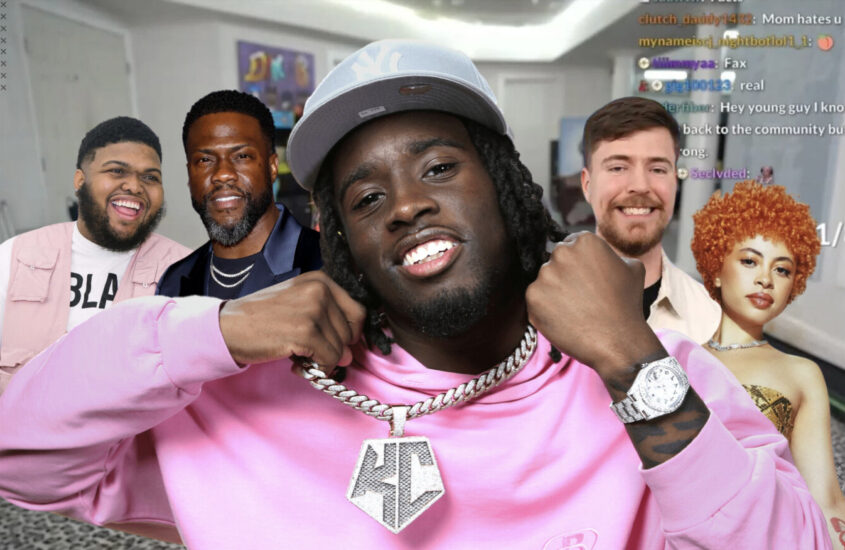
JaQ Lee: A Science Teacher Caught in the Spotlight
In the age of social media, educators often find themselves navigating a delicate balance between professional boundaries and personal connections with students. JaQ Lee, a middle school science teacher, recently became the center of a heated debate after a TikTok video went viral. The clip showed four of his female students unbraiding his hair during the last few minutes of class. What seemed like a harmless interaction quickly escalated into a controversy that cost Lee his job.
JaQ Lee livestreamed the classroom moment, intending to share a glimpse of his rapport with students. In the video, he explained that he had a hair appointment after school and needed his braids removed quickly. The camera captured the students carefully unbraiding his hair, and Lee’s caption emphasized the importance of caring for students beyond academics. The video garnered over 6.8 million views, but it also ignited a firestorm of opinions.
Critics argued that the interaction was “too intimate” and questioned whether a male teacher should allow students to touch his hair. Others pointed out that if Lee were a female teacher, the reaction might have been different. Lee defended himself, stating that it was “literally just hair” and that building rapport with students was essential. He emphasized that he aimed to be the teacher he wished he had growing up—one who genuinely cared for the whole child.
Unfortunately, the controversy had real-world consequences. Reports suggest that JaQ Lee lost his job due to public disapproval. While some applauded his dedication to student well-being, others believed he crossed professional boundaries. The incident highlights the fine line educators must walk when sharing glimpses of their lives online.
Lee’s case also raises broader questions about teachers’ social media presence after hours. Here are some considerations:
Transparency vs. Privacy:
Educators should decide how much of their personal lives to share online. Transparency can build trust, but privacy is equally crucial.
Professional Boundaries:
Teachers must maintain clear boundaries with students, even in virtual spaces. What seems innocent to one person may raise eyebrows for another.
Context Matters:
Context matters when evaluating teacher behavior. What’s appropriate during a classroom interaction may not translate well to social media.
Impact on Careers:
Teachers should weigh the potential impact of their posts on their professional lives. Social media can amplify both positive and negative aspects.
JaQ Lee’s story serves as a cautionary tale for educators navigating the digital landscape. As we continue to blend teaching and technology, finding the right balance remains essential. Let’s learn from this controversy and strive to create supportive, respectful online spaces for both teachers and students.









